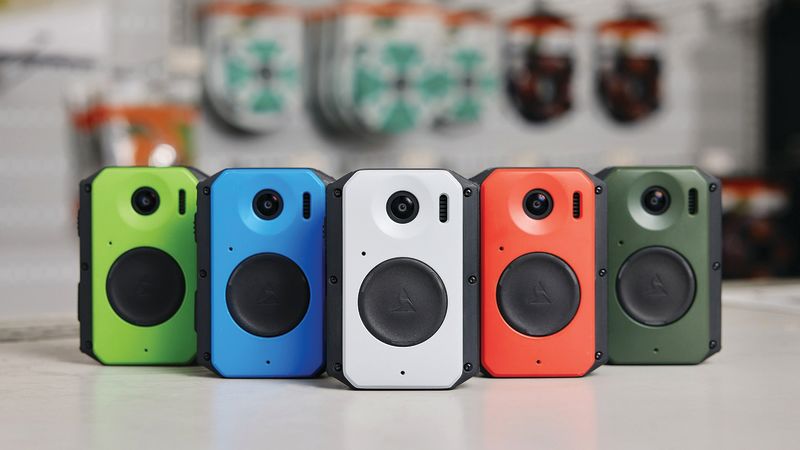Retail chains like TJX, the parent company of TJ Maxx and Marshalls, are equipping some store employees with body cameras to deter shoplifting and improve safety. This is part of a growing trend in the retail industry, as stores respond to an increase in organized retail theft and violence against workers. However, some criminologists and worker advocates argue that body cameras are unlikely to be an effective deterrent and that retailers should focus on improving training, staffing, and other safety measures instead. There are also concerns that the body camera footage could be misused, such as to monitor and discourage union organizing. Overall, the implementation of body cameras in retail is a complex issue with pros and cons that retailers will need to carefully consider.
Summarized by Kagi Universal Summarizer



It’s the same reason I made sure the security cameras on my house are visible from the street. People with bad intentions just move on to easier targets.
They may have seen the studies down on police forces who adopted cameras. They saw a drop in complaints against officers, as well as fewer escalations by the public against officers. Likewise, they’re hoping this translates to retail.